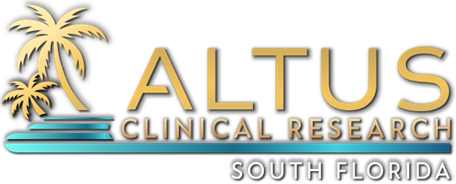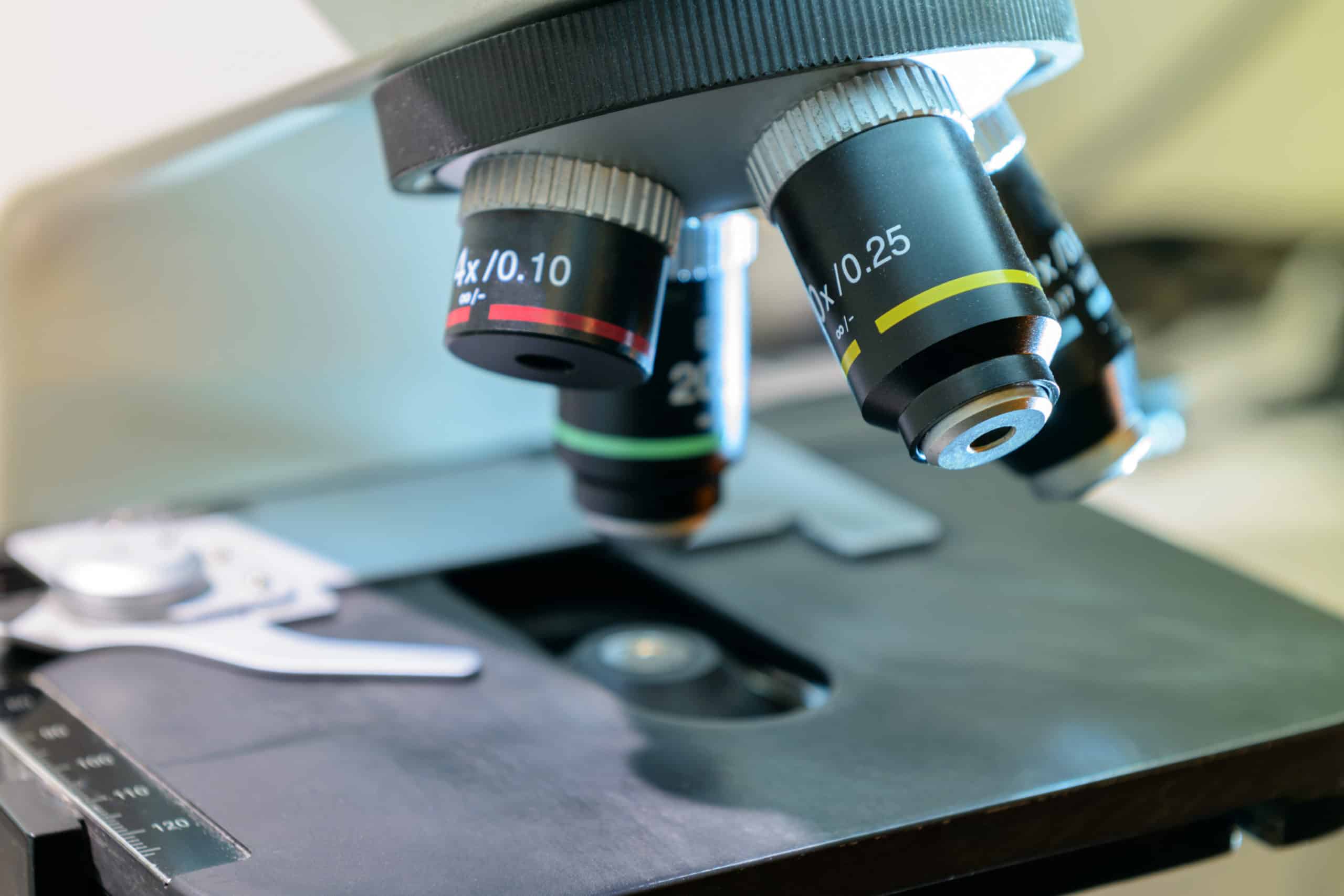Every prescription drug or medical device must undergo a clinical trial and be approved by the FDA before marketing to the public. Trials are often performed by researchers in large pharmaceutical companies, which might involve a long waiting period to begin the clinical trial process.
Altus Research Clinic in Ft. Worth, Florida
The goal of Altus Research is to carefully test investigational drugs and devices for effectiveness and safety. Having served the South Florida area since 1996, Altus has comprehensive experience in clinical trials in Phase I, Phase II, Phase III, and Phase IV studies.
What are Clinical Trials?
To conduct an effective clinical trial program, you must begin with a fixed objective, anticipated milestones, and a timetable for completion. You will need a diversified team of trained and experienced professionals working in a safe and accessible environment. To perform a dependable clinical trial, there are multiple components and factors you must keep in mind.
Simplicity Is the Key to Success
For your trial, consider the scientific method and formulate one hypothesis to answer only one question. Keep the protocol as simple as possible. Begin the study with the main idea and break it down into small components. Regardless of your best efforts, complications will arise. Making sure all regulatory protocols are explicitly followed will require the best team of professionals you can assemble.
Before you begin Phase 1 through Phase 4 of clinical trials, be sure to submit your data to the Food and Drug Administration (FDA) for approval.
Assembling Your Clinical Trial Team
In order to collect the most useful and accurate data for your clinical trial, here are some tips for generating your team:
- Recruit a diverse professional group including scientists, medical doctors, marketing specialists, regulators, and executives
- Make sure the professionals understand their roles and duties and those of other professionals
- Enroll qualified and interested volunteers for the trial
- Randomization methods must be chosen and reported
- Identify the most effective stratification methods and balance the study group accordingly
- Plan for blinded outcome evaluations and other blinded features of the trial
- Compile only data necessary to assure safety and investigate the main question
- Arrange regular meetings to review and synchronize results
Each Phase of Clinical Trial
Phase I
Phase I will evaluate the safety of the drug or product. As few as 20 to 100 healthy volunteers may suffice for this level. The goal may be to assess a drug’s effects and methods of absorption, metabolism, and excretion. It may also check for any side-effects of increased dosage levels.
Phase II
Phase II studies are usually randomized to evaluate the effectiveness of the drug or product. Blinded studies are preferred in this stage because this allows researchers to present accumulated information to the FDA and pharmaceutical companies for comparative analysis of the effectiveness and safety of the drug.
Phase III
In Phase III, hundreds or even thousands of participants take part in randomized and blind testing. The accumulated data supplies the FDA and the company sponsoring the drug or product tested with valuable information about the benefits and potential adverse reactions. At the conclusion of Phase III, the company can request approval from the FDA to market the drug or product.
Phase IV
Phase IV, also known as the Post Marketing Surveillance Trial, accomplishes the following goals:
- Compares the drug or product with others already being marketed
- Monitors the long-term effectiveness of the drug/product
- Evaluates the impact on the participant’s quality of life
- Compares the cost-effectiveness of the drug or product with other new and traditional treatments
Once the drug or product has been approved for public use, establish milestones to evaluate performance, control costs, and pursue improvement.
Contact Us
Medical Director and Principal Investigator Samuel Lederman, MD, FACOG and the experienced team of researchers welcome your request for a consultation regarding our clinical trials.
Contact us by calling 561-641-0404 or filling out an online form.


